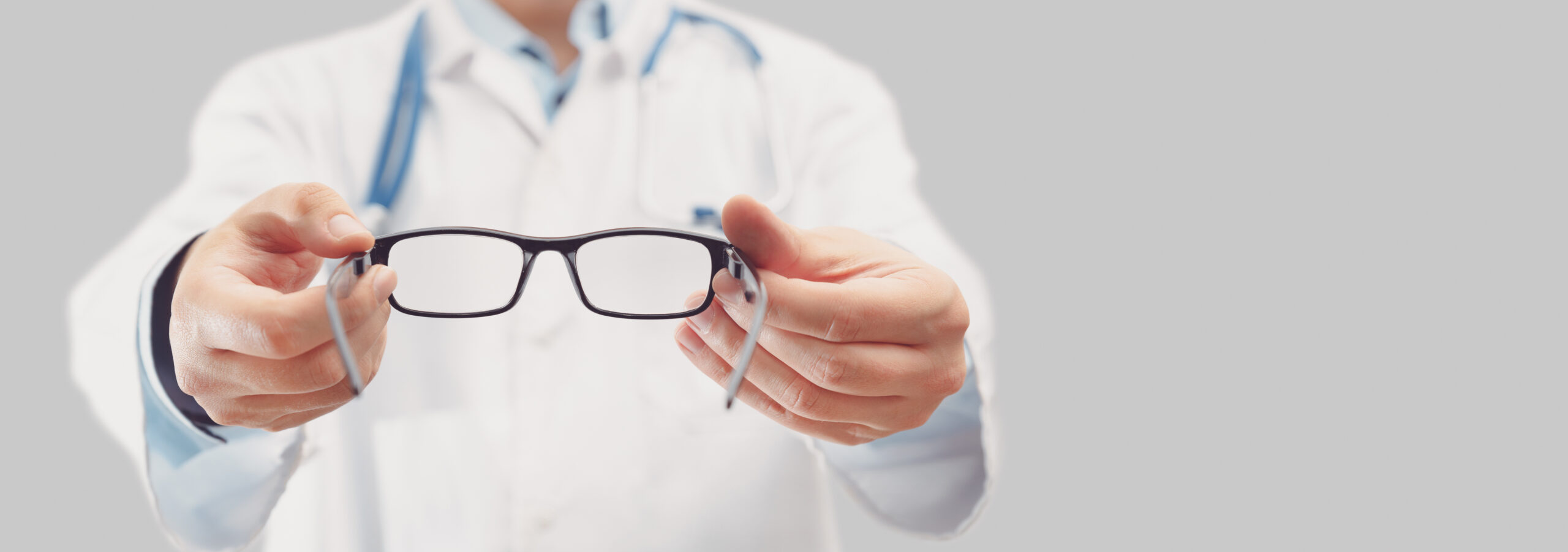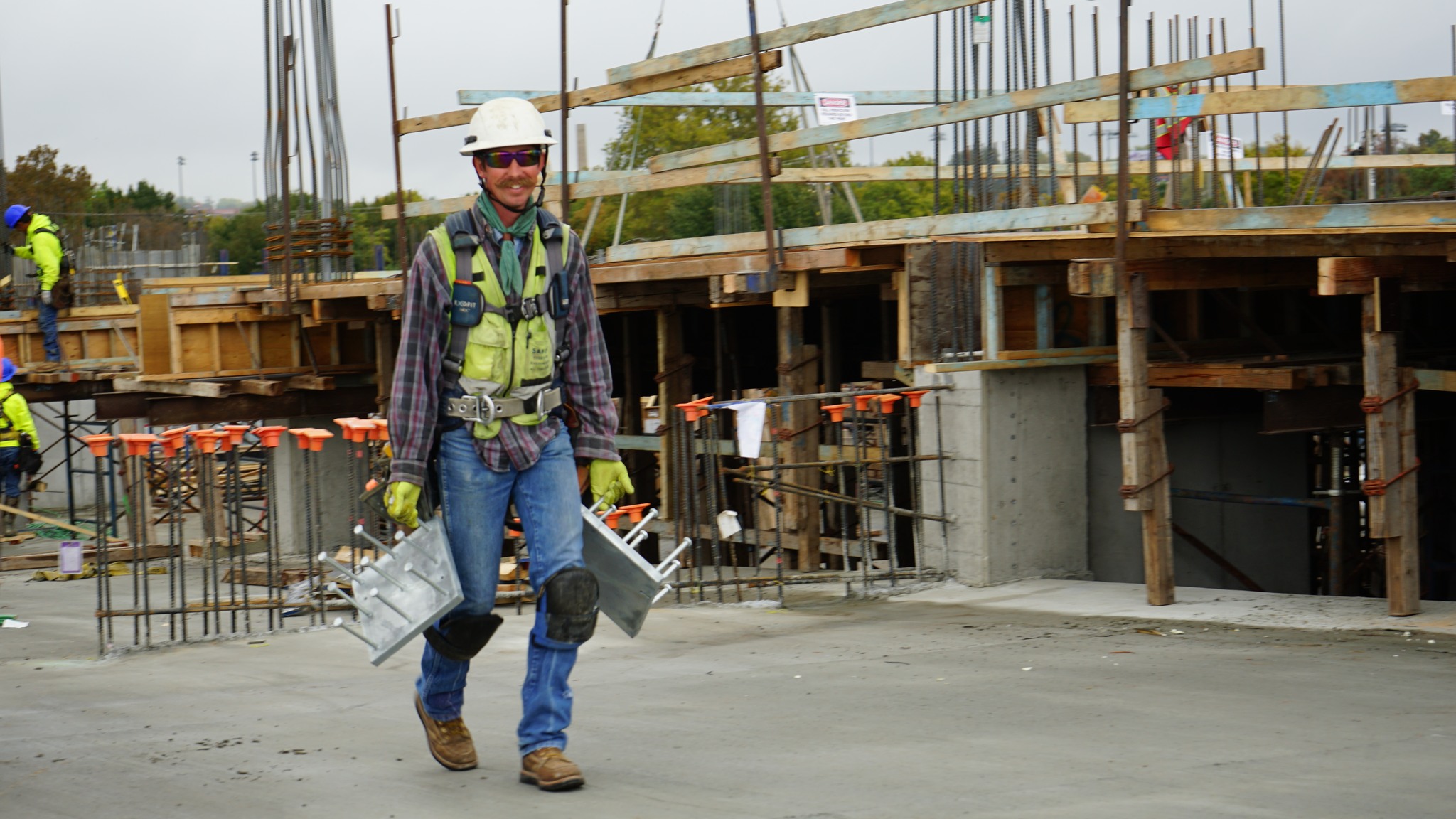
Divorce and Your Beneficiary
Jan 25, 2026

In honor of Heart Health Month…I’d like to talk a little with you about your heart.
If your doctor told you you have hypertension, what your doctor means is that your blood pressure is higher than normal. Unfortunately, high blood pressure increases your risk for heart disease and stroke, which are the leading causes of death in the U.S. While tens of millions of adults in the U.S. have high blood pressure, only 1 in 4 actually have their blood pressure under control. Uncontrolled hypertension increases the risk of death by heart disease or stroke.1
What is high blood pressure?
Blood pressure is the pressure of blood as it moves through the arteries. High blood pressure (hypertension) is diagnosed when the blood pressure is above 130/80. Systolic blood pressure (the top number) is the pressure when the heart is squeezing and pushing the blood around the body. Diastolic (the bottom number) is the pressure of the blood flow between heart beats. Many factors can influence blood pressure including age, weight, smoking, genetics, stress, alcohol use, and exercise.
“But I feel fine…”
Most people don’t have any symptoms from their high blood pressure, giving it the name “the silent killer.” Untreated hypertension causes damage to the smallest and most delicate arteries like those in the kidneys and the back of the eyes, leading to permanent kidney damage or even vision loss. Damage to the lining of larger arteries can lead to the blockages that cause heart attacks and strokes. Additionally, when the blood pressure is high, the heart needs to work harder to pump our blood. This increases the risk of both heart failure and heart attack.
How can I improve my blood pressure?
There are a lot of things you can do to help decrease your blood pressure. Here are six ways to reduce blood pressure naturally:2
While some people are able to manage their blood pressure by adopting a healthy lifestyle, others may need medication to help. If your doctor prescribes blood pressure medication, it’s important to take this every day to keep your heart and blood vessels healthy. If you have questions about your blood pressure medication, ask your doctors – they want to help!
Dr. Tina Trost, MD, has 10 years of experience in Family Medicine after earning her medical degree from St. Louis University School of Medicine and completing her residency training at Mercy Hospital in St. Louis. She is currently the Family Medicine physician at Carpenters Wellness Center in St. Louis.
Resources
1 https://www.cdc.gov/
2 https://health.clevelandclinic.org/6-natural-ways-to-lower-blood-pressure/
3 https://www.cdc.gov/bloodpressure/index.htm
Divorce and Your Beneficiary
Jan 25, 2026
Learn More
Premium Plan – Vision Plan Improvements
Jan 25, 2026
Learn More
Women’s Health and Cancer Rights Act
Oct 01, 2025
Learn More

Stay up to date on key announcements, timely events and helpful information that could benefit you and your health.



